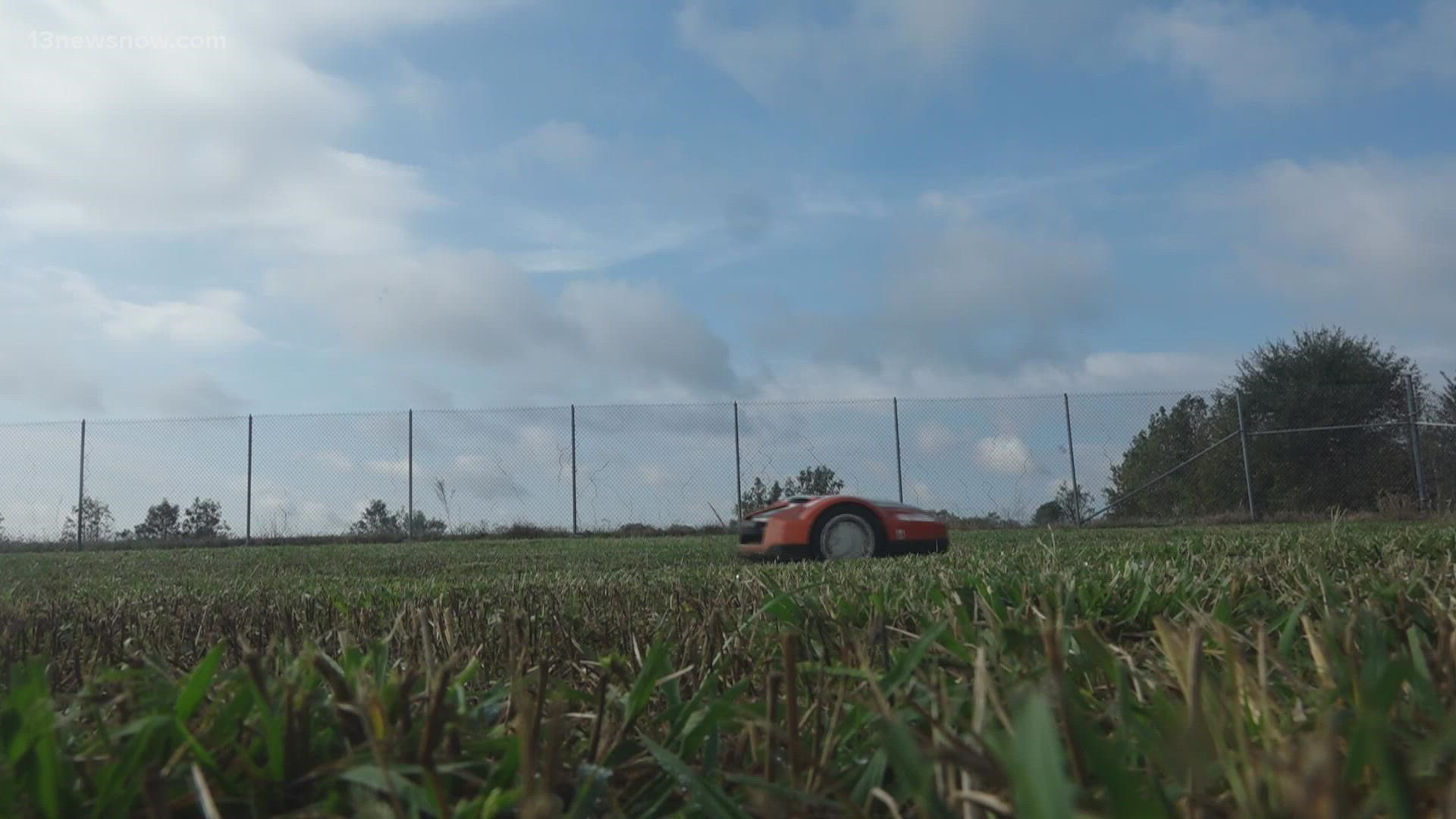HAMPTON, Va. — Author's note: The video above is on file from a separate story that aired on October 25, 2021.
Hampton University (HU) is joining forces with Amazon Robotics to pave the way for the next generation of career and technology development.
Amazon Robotics is paying to establish a new robotics program for students at HU, which will create a new research laboratory, hire a faculty position to teach students about artificial intelligence and encourage other STEM learning opportunities.
“We are very thankful Amazon Robotics has invested in Hampton University and its students for this project which will enable the growth and development of the next generation of diverse STEM scholars,” said William Harvey, Hampton University president.
“Amazon Robotics recognizes the stellar talent that comprises Hampton University’s faculty, staff, and students to launch this program. I look forward to seeing what innovations will blossom from this cutting-edge partnership.”
The funding will also allow the university to connect with local K-12 schools through community programs such as annual drone camps, according to an Amazon spokeswoman. Amazon will take a hands-on approach in helping Hampton University develop and expand the program.
“This will not only build infrastructure inside the school, but it also provides funding for Hampton to go out into the community,” said Tye Brady, the chief technologist for Amazon Robotics.
“That will allow Hampton to share the excitement of robotics and the excitement of engineering with those who may not have had exposure to it yet.”
This is building on past initiatives at Hampton University that encouraged STEM careers in HBCUs.
“Several years back, we were engaged with a cross section of HBCUs in a robotics initiative to get our students interested in computer science through introducing them to robotics,” said Jean Muhammad, chair of the Hampton computer science department. “That was a great project that fell to the wayside... Quite a few of us have experience in AI, but we have not had as much experience in machine learning. I look at this as a way not only to get back into the robotics space, but for both our faculty — and then subsequently our students — to build capacity in those other areas that are all tied together. Our faculty is quite excited about this as well.”

